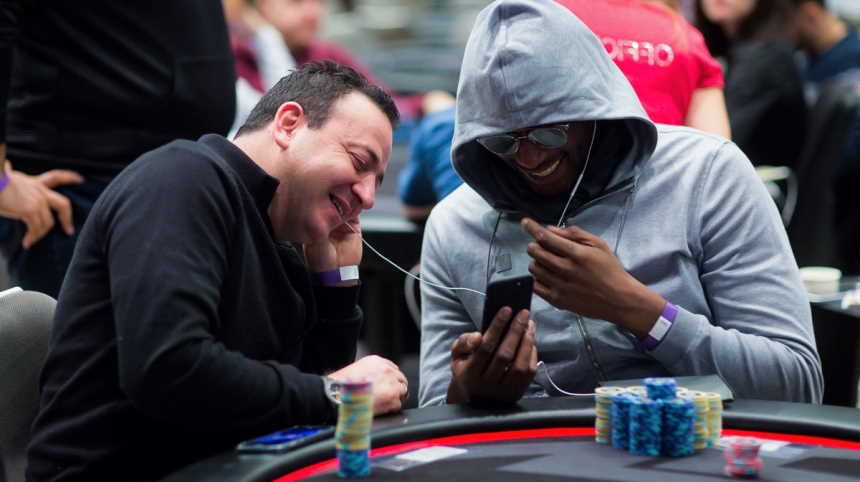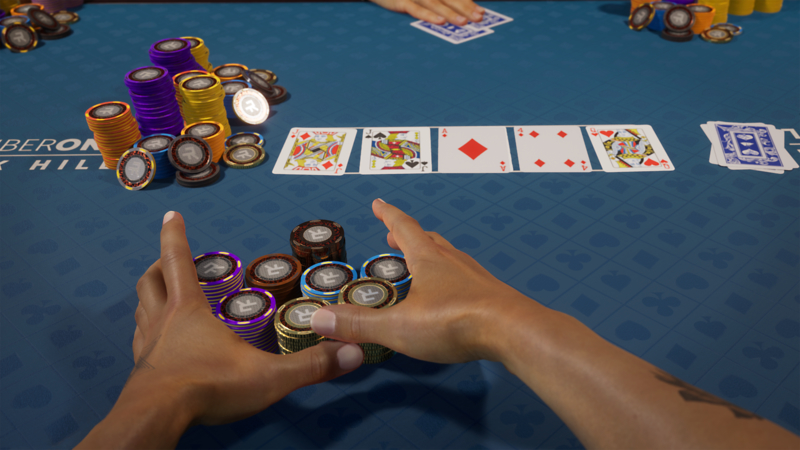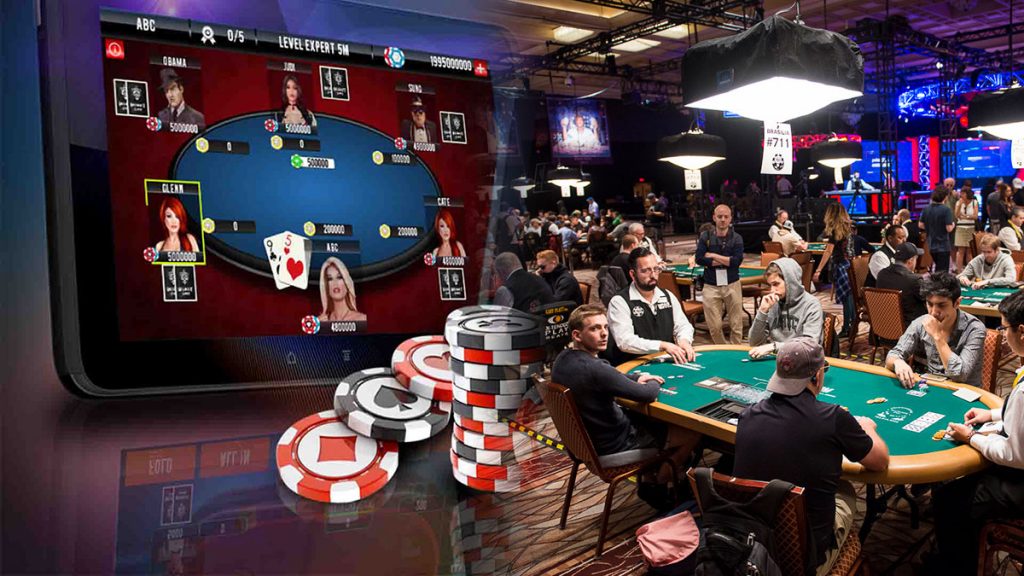Poker is a popular casino game played in both casual and professional settings. Due to its popularity and general appeal, it is an effective way to raise funds for charity, as interested participants can enjoy exciting gameplay in a fun and social atmosphere.
For convenience, charity poker tournaments may be conducted remotely via a versatile online casino, where participants can play multiple novel variants of poker, as well as classic versions. In addition to great bonuses and games, the online platform protects user identity and does not require know-your-customer (KYC) information from participants, ensuring that personally identifying details are not at risk after gaming.
A charity poker game differs from a regular game because players are not really looking to outdo their opponents. Since the purpose is to raise funds, the event usually meets its goal without the usual cut-throat gameplay. Anyone planning and executing a successful charity poker night can use the following guide.

Planning your charity poker night
Whether you are playing with physical cards and chips or plan on playing online poker in the UK to raise money for your chosen charity, the key steps to planning a successful event are the same.
Establish revenue sources
To maximize fundraising potential, clearly outline revenue sources. Here are some standard options:
- Entry Fees: Charge participants an entry fee to attend the event. This ensures funds are raised even before the game begins.
- Chip Purchases: Set a monetary value for poker chips, allowing guests to purchase more during the game. Proceeds from chip sales can be channelled directly to the charity.
- Food and Beverage Sales: Offer snacks and drinks for purchase. Alternatively, include refreshments in the ticket price. Partnering with local businesses for donations or profit-sharing arrangements can reduce pressure and increase revenue.
- Silent Auctions or Raffles: Incorporate additional activities like raffles or auctions with donated items to increase fundraising further.
After selecting revenue sources, you should consider a small, symbolic prize to the winner to maintain a friendly and inclusive environment. Ensure that prizes show participation and contribution to the cause as much as possible.
Choose a venue and set the date
Select a venue that accommodates your expected crowd. Community centres, school halls, or fraternal lodges are cost-effective options that often have the necessary permits and equipment. Ensure the venue has enough space for poker tables, seating, and other fundraising activities. You should also schedule the event with enough lead time, typically around three months. This allows for extensive planning and marketing campaigns.

Promoting and preparing for the event
Spread the word
Promotion is vital to attracting participants. To ensure success, consider advertising your charity poker night using multiple channels. For instance, you can create a Facebook Event and share updates on platforms like X and Instagram to cover the social media part of your campaign. Online marketing may also include email campaigns, which involve invitations sent to potential participants, supporters, and other members of your accessible network.
For offline marketing options, distributing promotional posters and fliers at community centres, gyms, and local businesses also helps to spread the word. Ensure that promotional materials contain essential information, including the cause, entry fees, prizes, and other event details. Materials should also include details of how funds raised will benefit charity.
Recruit volunteers and sponsors
Find volunteers to help with event setup, operations, and cleanup. Specific roles may be assigned to interested persons, including registration and check-in, food and beverage services, dealer assistance, etc. For sponsorship, approach local businesses and ask for donations. These donations may include prizes, food, and funds, all delivered in exchange for promotional opportunities.

Setting up the poker tournament
Game format and rules
Choose a popular poker format, such as Texas Hold ’em, for its accessibility. Despite the variant’s popularity, you must ensure that all players understand the rules before playing. You may use a brief presentation or printed guides to explain the game and inform players about additional rules. To maintain a consistent pace, the tournament should feature structured blind levels.
Monitor the game
Assign volunteers to oversee the tournament and ensure that dealers are fair and consistent. Where there are disputes, ensure they are addressed as quickly and as promptly as possible. This helps to maintain the flow of the game and keeps players and spectators interested, contributing to the event’s overall experience.
Legal considerations
Check local regulations regarding gambling and charity events. Some jurisdictions may require permits, while others expect the event to follow legal guidelines, which may include specifications for non-monetary prizes. Nonetheless, the specific regulations vary and must be carefully adhered to. In the United States, charitable gaming laws are regulated at the state level, while in Canada, regulations are managed by each province.

Enhancing the event experience
Create a fun atmosphere
Decorate the venue to reflect the charity’s mission or a poker theme. Decorations may include carefully chosen banners, balloons, and table settings that align with the cause. The event may also feature background music to keep the energy lively and engaging.
Another way to create a fun atmosphere is to keep eliminated players in mind. This is easily done by chatting up a raffle station or a mini-games section.
Provide refreshments
Refreshments may include a variety of snacks and drinks to keep attendees comfortable. Options include collaborations with local vendors for food packs or simple buffets. For convenience, a food truck partnership may also be functional.

Executing the Event
Efficient Operations
Arrive at the venue early to set up tables, decorations, and registration areas. Ensuring efficient operations involves providing volunteers with a clear schedule and task assignments, in addition to guaranteeing a smooth check-in process, which can include distributing wristbands or tickets for easy identification. You should also have a team monitor the game’s progress to keep the event on schedule.
Engage Participants
Encourage friendly competition while maintaining a positive atmosphere. Options for engagement include regularly announcing updates, such as the top chip leaders or fundraising milestones. Also, ensure to thank participants for their contributions throughout the event.
Conclusion
Charity poker nights appeal to celebrities, experts, and amateur players and are a popular and effective way to raise funds for worthy causes. A notable example is the Ed Asner & Friends Poker Night established to support families with special needs. In recent years, the event has attracted high-profile participants such as Jack Black, Anna Paquin, and Rosie O’Donnell, generating significant funds for its mission.
With thoughtful planning, effective promotion, and a dedicated team, your event can be memorable and impactful. By engaging the community and fostering a spirit of generosity, you can achieve your fundraising goals while providing a unique and entertaining experience.
For even more gambling-related content, click right here.